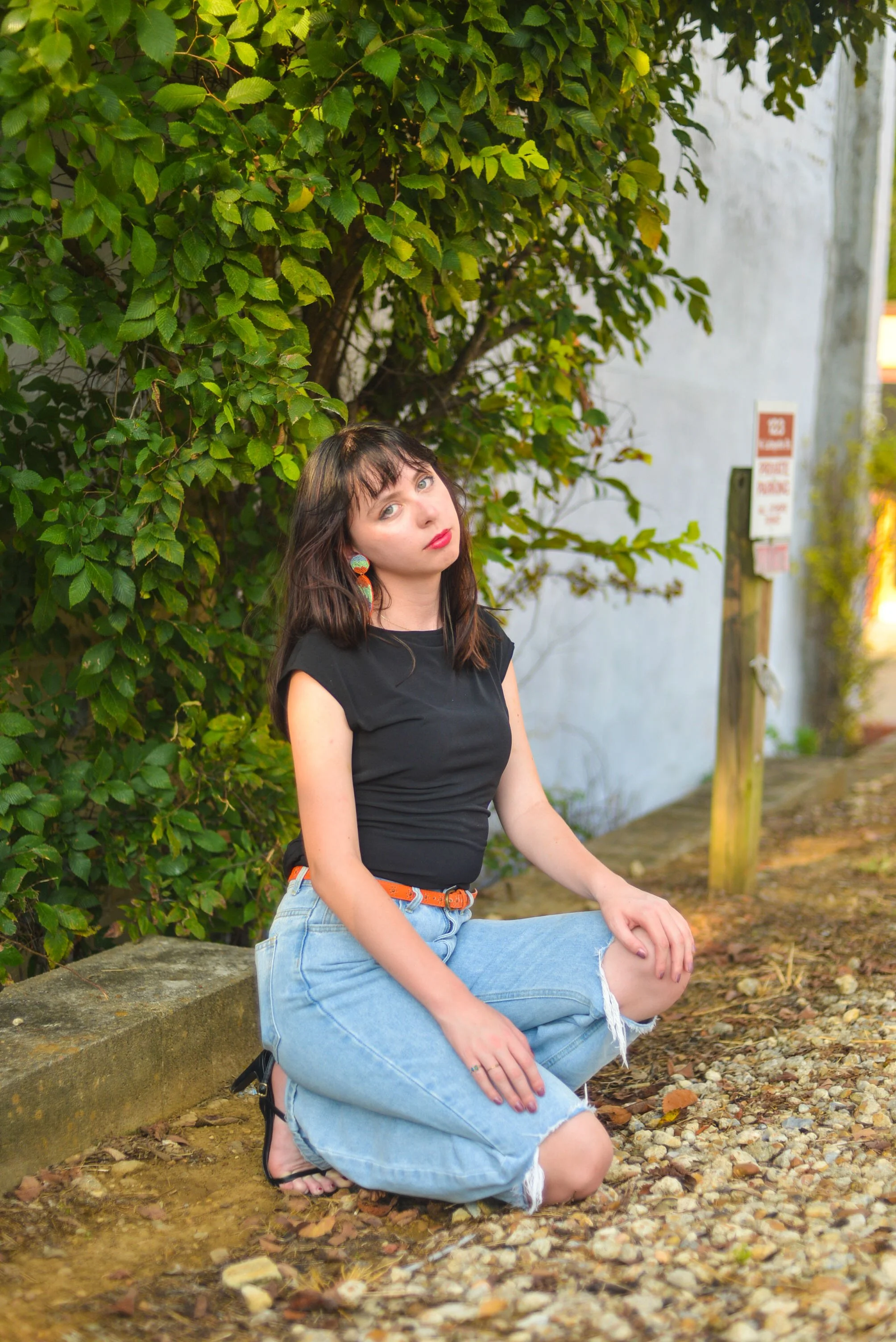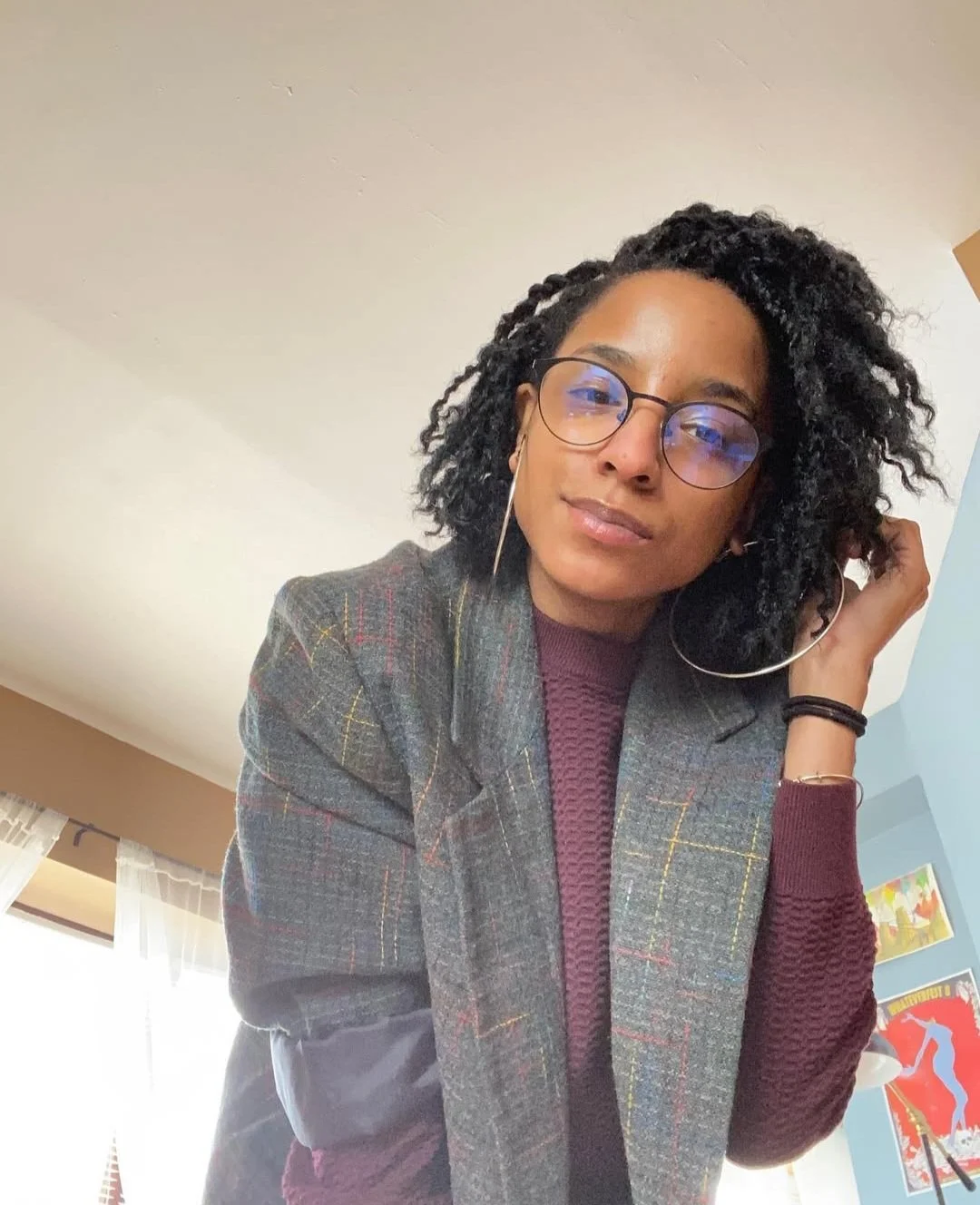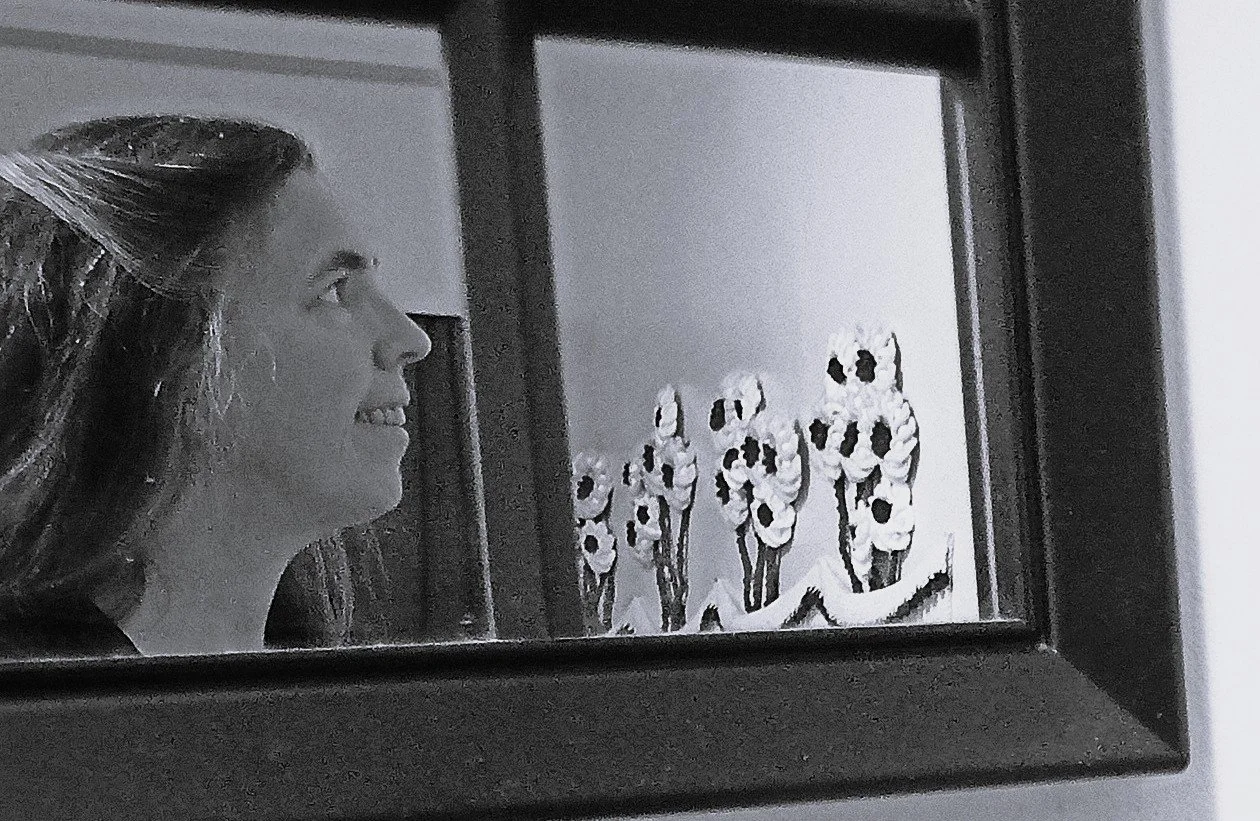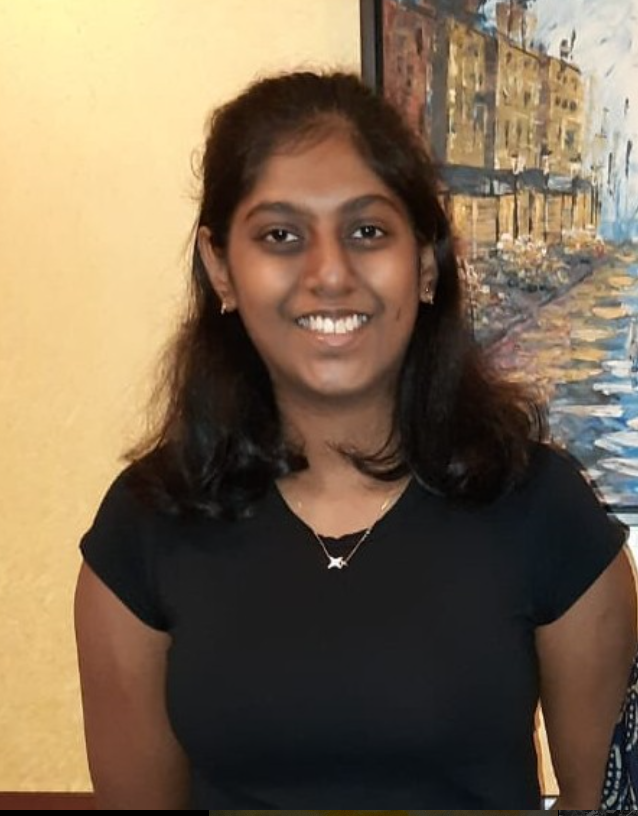Quibble is an independent literature magazine dedicated to celebrating the art of inquiry, the thrill of creative risk, and the joy of a well-crafted story.
We publish prose, poetry, and original art in print and online, offering a space for voices that challenge, inspire, and linger.
We’re a small team of writers and editors who believe in careful reading, creative risk, and the value of thoughtful work.
Editorial Masthead
Garrett is a writer living in the Blue Ridge Mountains with his fiancée and family. He holds a B.A. in English from VCU, where he served at Plain China. His work has appeared in The Mid Atlantic Review, Words & Whispers, Trash to Treasure Lit, and Rebel. He writes Write This Day, a weekly Substack that reimagines literary history as a spark for creative practice.
He founded Quibble Lit in 2022 to create a community-centered space for writers built on transparency, connection, and a shared devotion to craft.
You can learn more about Quibble’s history in a recent interview by Lit Mag News with Garrett, on independent publishing, perfectionism, and the realities of running a self-funded literary magazine.:
Eric Kerr
Eric Kerr is a freelance editor who earned a B.A. in English from the University of Toronto. He began his editing journey in journalism and has since worked across a variety of genres and formats, including fact-checking, nonfiction, and creative prose.
As an editor, he values collaboration and clarity, providing constructive and transparent feedback to writers. He strives to be on the same page as the author and is passionate about helping writers find their voices and tell their stories.
In his free time, Eric is likely baking, writing, or watching a movie.
Anne Louise Phillips
Anne Louise Phillips is a writer, student, and photographer from the American South. She is primarily fascinated by Southern literature, microfiction, and hybrid forms. Her work has been presented at Mississippi State University and Louisiana State University, and published in Big Muddy and Cicadian Rhythm Zine. When she isn’t writing, reading, or editing photos, she can often be found perusing record stacks or exploring her city.
Zuri McWhorter
Zuri McWhorter is a writer and artist from Detroit, Michigan. Her work explores the emotional extremes of human existence and has appeared inCoffin Bell, Blue Nib, In Parenthesis, and Abandon Journal. Zuri is the one-woman team behind Juste Milieu Zine, an arts and literary print publication, and the author of two chapbooks. In both writing and editing, she’s drawn to work that challenges comfort zones and leaves a lasting impression.
L. Lois
L. Lois lives in an urban hermitage where trauma-informed themes flow during walks by the ocean. In her semi-retirement years, L. Lois is prioritizing her writing, publication, and arts-related volunteerism. She is pivoting through her grandmother-era, figuring out why her bevy of adult children don’t have babies. Her poems have appeared in North Dakota Quarterly, The Brussels Review, Washington Square Review, Hanging Loose Magazine, Chiron Review, Poetry Breakfast, and other literary publications. L. Lois is an Associate Member of the League of Canadian Poets; links to her published work can be found on her website: https://poeting.my.canva.site
Jenica Amalita
Jenica Amalita is a writer and poetry editor with a love for language, culture, and narrative theory. Her work explores the intersection of meaning, thought, and art, and she’s been published in Lit Shark Magazine, Door is a Jar Magazine, and others. She is currently pursuing a Master's in Political Science at St Joseph’s University, Bangalore. When she’s not reading or writing, she’s probably deep in discussion about the latest C-drama.
Thomas Sims
Thomas Sims is a writer and educator based in Arizona. He holds a B.S. in Biology from the Templeton Honors College at Eastern University and is pursuing an M.F.A. in Writing at Lindenwood University. He teaches middle and high school English and uses a question-based approach in both teaching and editing.
While lately fascinated with creative nonfiction, Thomas’s first love in the literary world is poetry. In his free time, he enjoys practicing mandolin, fishing, writing, and dabbling in mixology.
Our Vision
Quibble is here to spark conversations, amplify diverse voices, and create a home for independent art. As we continue to grow, we’re committed to compensating our contributors and improving the experience for readers and creators alike.
What’s Next?
We’re working to refine, expand, and inspire. More to come here soon!








